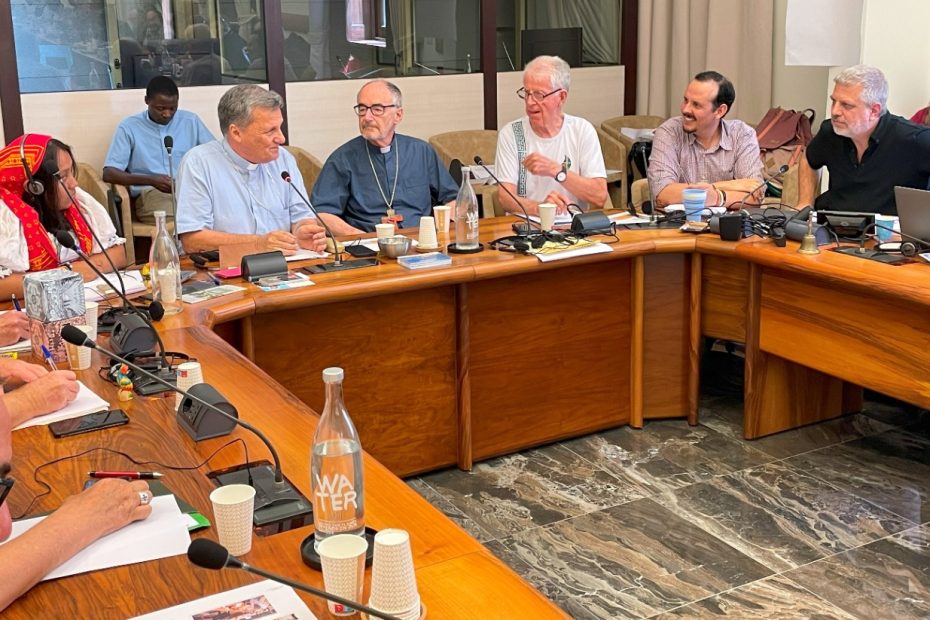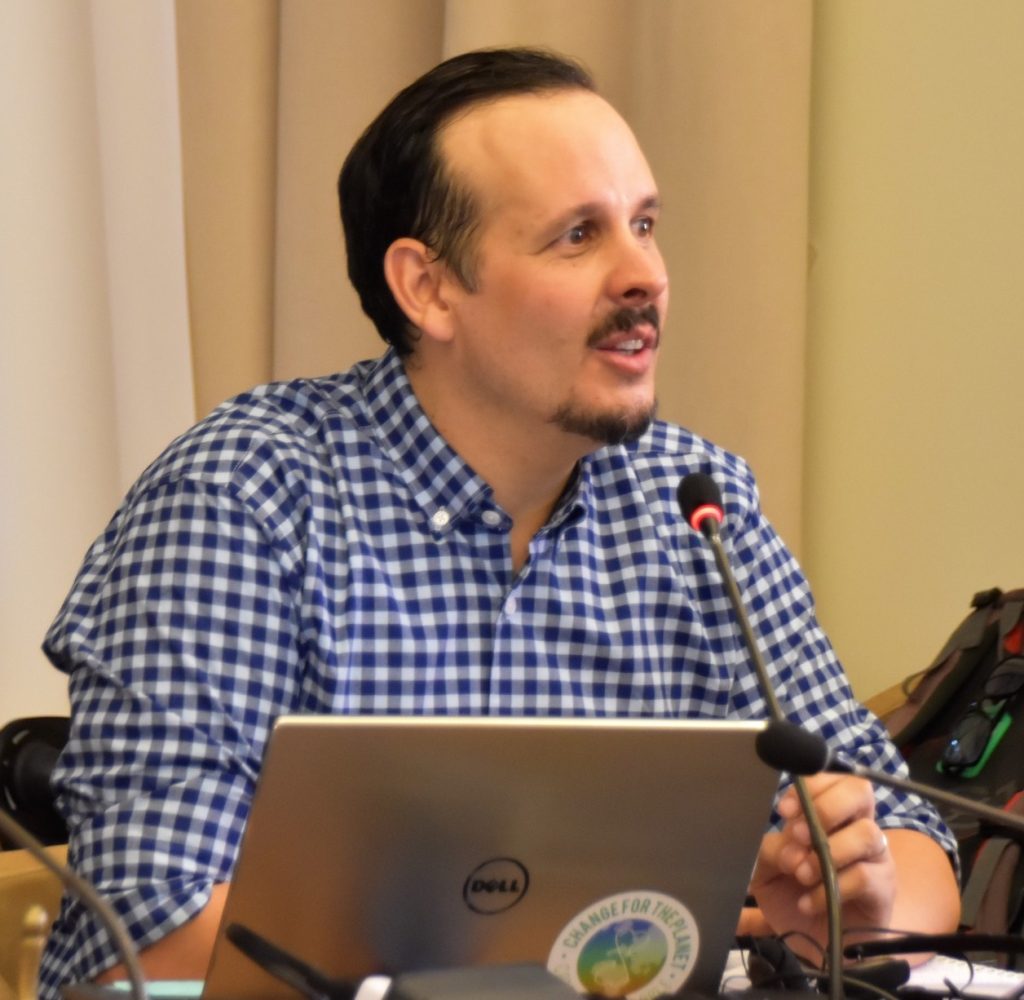
REPAM, the Pan-Amazonian Ecclesial Network (Red Eclesial Panamazónica)
Mauricio Lopez, Coordinator of the ENA Organizing Committee, stressed that this alliance of networks aims to be a space for listening to the bishops, to the ecclesial realities, and the different voices in the territories and that it seeks to have a minimum structure to accompany the native peoples and seek new ways to promote integral ecology.
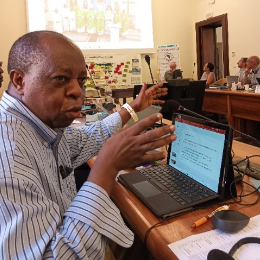
REBAC, the Ecclesial Network on the Congo Basin Forest (Réseau Ecclésial de la Forêt du Bassin du Congo)
Rigobert Minani SJ, Regional Coordinator, shared that the ENA gathering made it possible to realize the similarity of the cries of mother earth and humans who live in different parts of the planet. There is a desire to carry out advocacy with the identified bodies: Holy See, the UN, European Union, North America, BRICS (Brazil, India, China, South Africa), Australia, etc. The ENA coordination committee entrusted REBAC with coordinating ENA’s activities from 3 November 2023 which will be a new challenge for the Church in Africa.
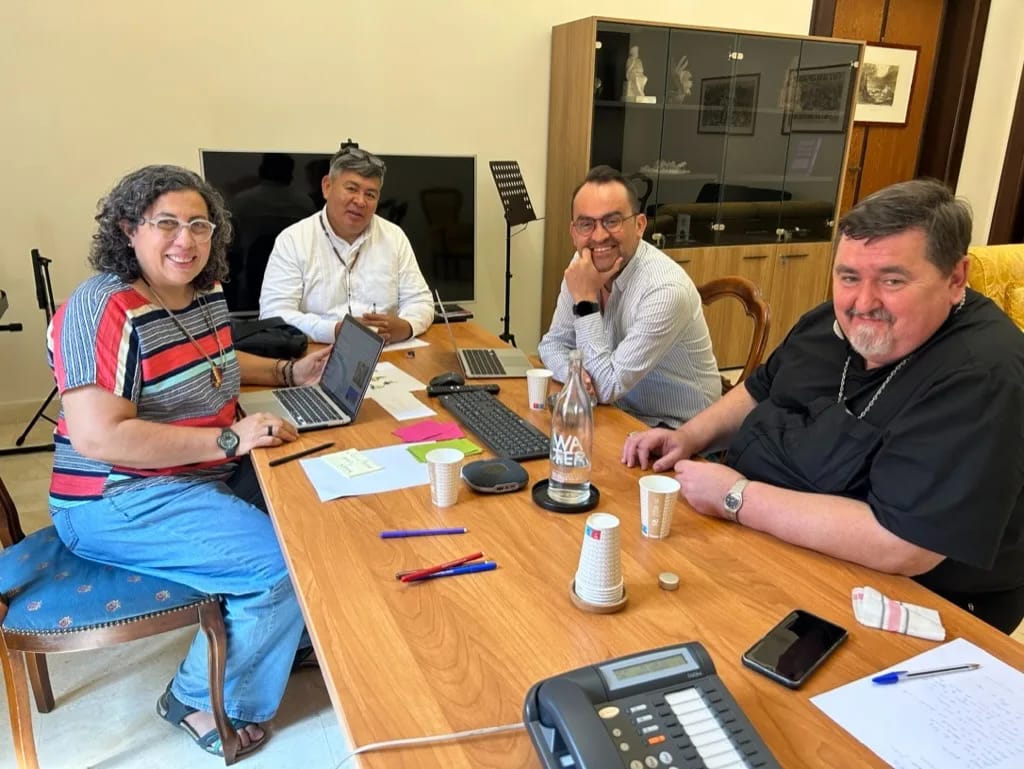
REGCHAG, the Ecclesial Network of the Gran Chaco and Guarani Aquifer (Red Eclesial Gran Chaco y Acuífero Guaraní)
A new Catholic Church network is organizing in South America to address social and environmental challenges in the Gran Chaco zone, a mostly arid region spanning parts of Paraguay, Bolivia, Argentina, and Brazil. The new network is also focusing on the Guarani Aquifer, a gigantic underground water system that spreads to Brazil, Argentina, Uruguay, and Paraguay.
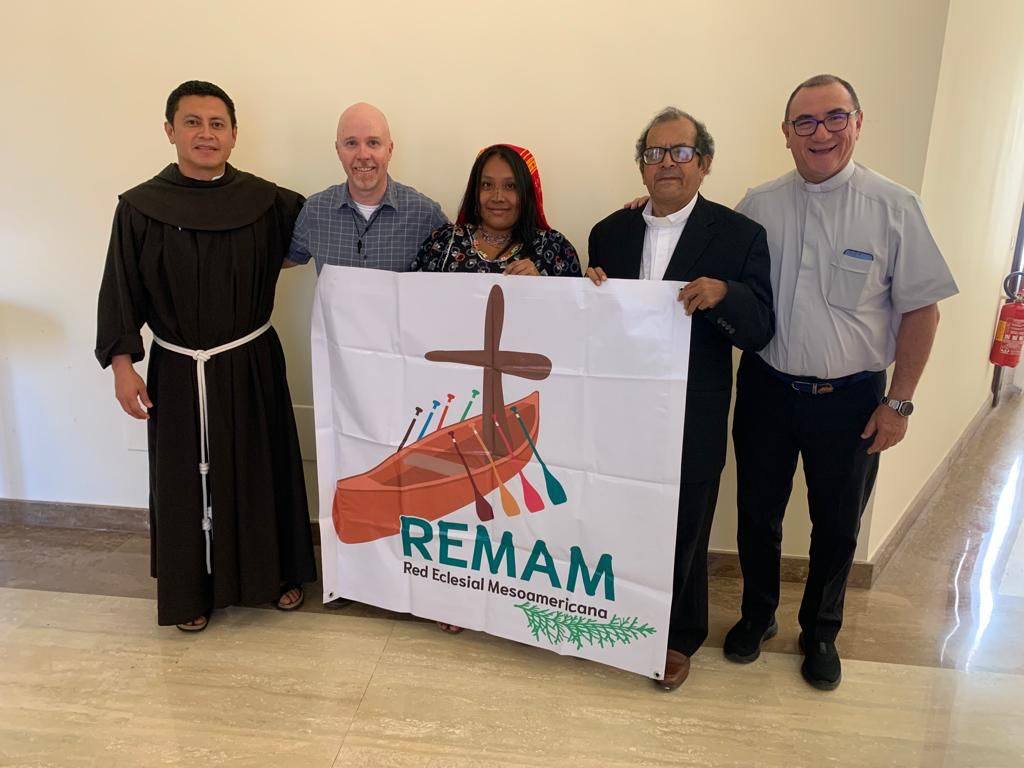
REMAM, the Mesoamerican Ecclesial Ecological Network (Red Eclesial Ecológica Mesoamericana)
REMAM is the ecclesial network of the Mesoamerican region: Mexico, Guatemala, Honduras, El Salvador, Nicaragua, Costa Rica, and Panama. The network started mobilizing in 2019 and is actively engaged in ecological concerns in the region such as gold mining, the privatization of drinking water, violence against socio-environmental leaders, and the vulnerability of fishing communities.


